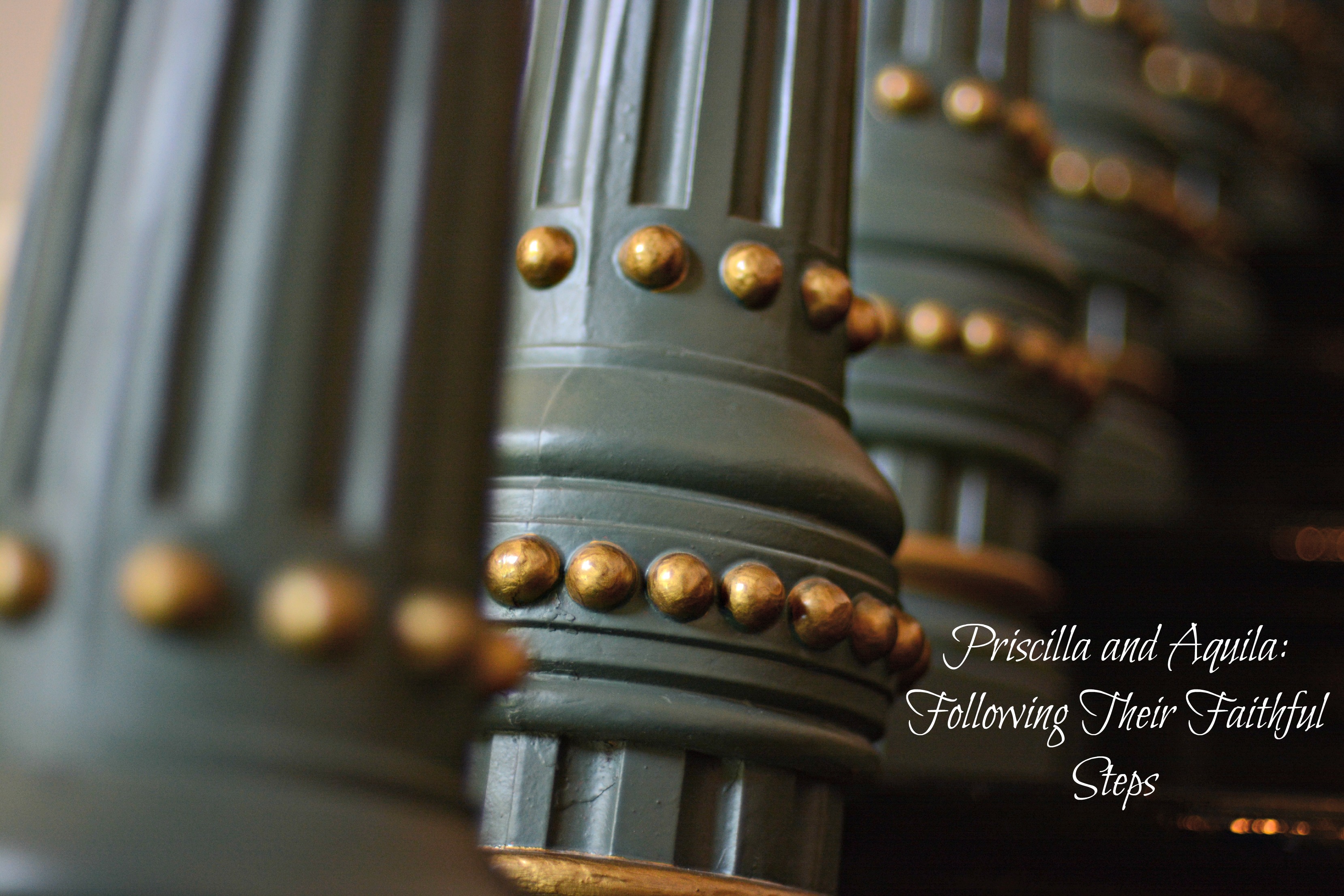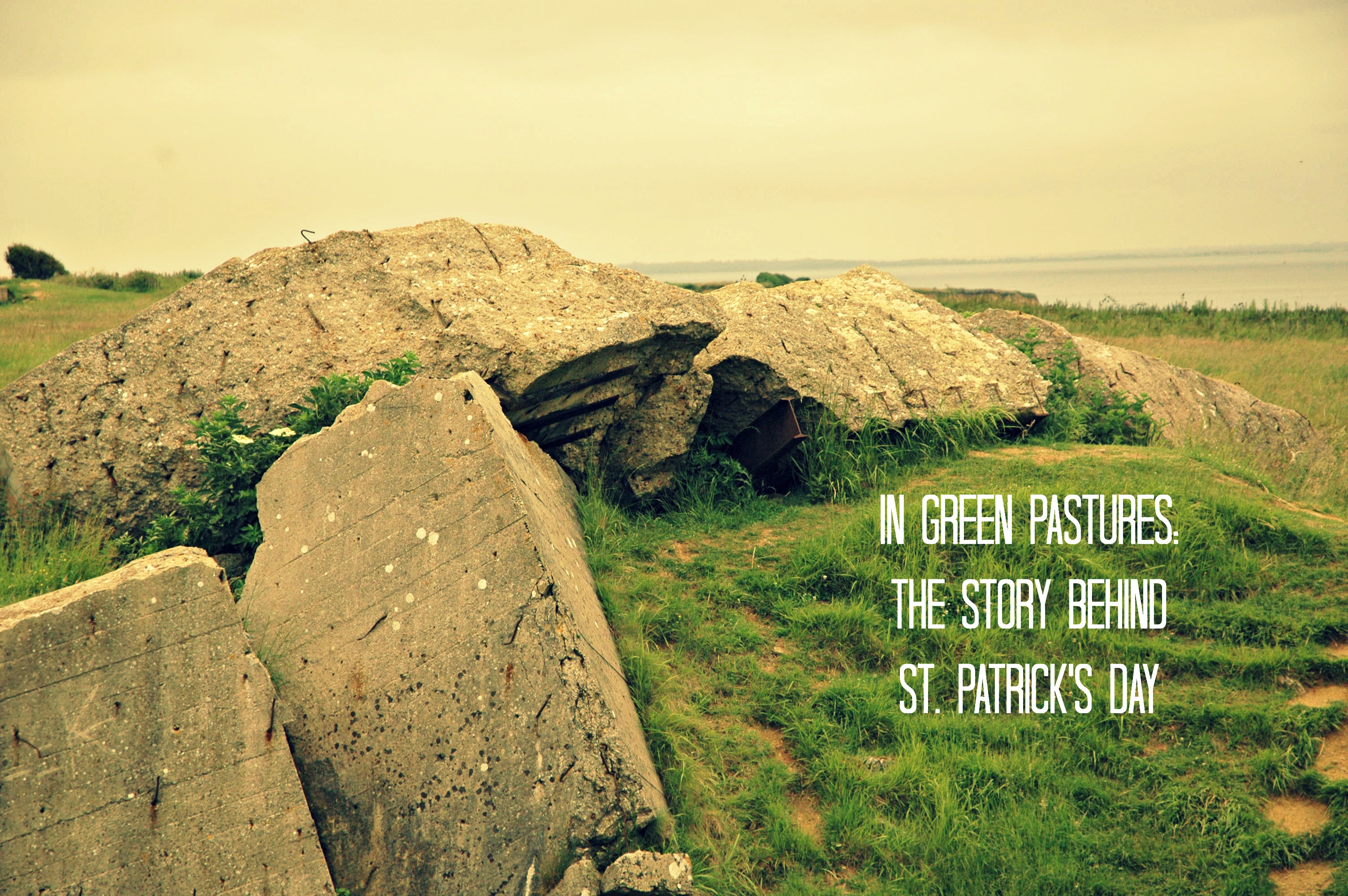Everyone leans in to listen to a dying man’s voice. His last words. His reflections and final thoughts.
Christ fully knew when His time had come. He calculated every word and deed to coincide with the exact day that His crucifiction would take place. Consider, close to the Passover, and before His murder, Christ spoke seven woes to the religious men of his day. The 7 Woes are discussed in detail here.
The scribes and the Pharisees sit on Moses’ seat, so practice and observe whatever they tell you— but not what they do.
The greatest among you shall be your servant. Whoever exalts himself will be humbled, and whoever humbles himself will be exalted.
~Matthew 23:2, 11-12
As we approach Easter and consider the woes to the Pharisees and scribes, we should examine ourselves to see if Christ finds the same fault in us which He found in these self-professing God-followers. (For an overview of Pharisees and scribes click here and here.)
While they would seem to be godly, they were neither sober nor righteous. We are really, what we are inwardly. Outward motives may keep the outside clean, while the inside is filthy; but if the heart and spirit be made new, there will be newness of life; here we must begin with ourselves. The righteousness of the scribes and Pharisees was like the ornaments of a grave, or dressing up a dead body, only for show. The deceitfulness of sinners’ hearts appears in that they go down the streams of the sins of their own day, while they fancy that they should have opposed the sins of former days. (Matthew Henry’s Concise Commentary at Christnotes.org,emphasis mine)
Pharisees point the finger and put the focus on the external and temporal.
Scribes are tempted to neglect the spirit of the Law while upholding the letter.
Clashing symbols both, don’t you think?
Woe to you, scribes and Pharisees, hypocrites! For you tithe mint and dill and cumin, and have neglected the weightier matters of the law: justice, mercy, and faithfulness.These you ought to have done, without neglecting the others.
Woe to you, scribes and Pharisees, hypocrites! For you clean the outside of the cup and the plate, but inside they are full of greed and self-indulgence. You blind Pharisee! First clean the inside of the cup and the plate, that the outside also may be clean.
Matthew 23:23,25-26
Jesus’ final words to the Pharisees, the religious people of His day, were stinging. As a lifetime member of a church and a Christian over two decades, I default to the pharisee and scribe status if I am not very intentional. Christ’s parting words to me, not only include His parting words to the disciples, but sadly to the Pharisees as well. Those who are Christian are by default religious, and therefore should heed the seven woes.
This Lenten Season, what does pursuing justice, mercy, and faithfulness look like in your life…in mine? What filth needs to be cleaned out of the inside of the cup before the decay spreads to the outer portion? How should we stoop in service to follow the example of Christ washing His disciples feet?
4 Comments






















